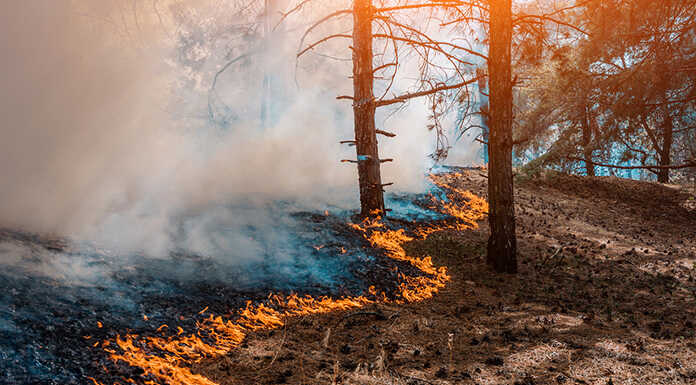Hundreds of thousands of people have had to evacuate their homes due to the wildfires on the West coast, and dangerous ash and smoke have affected millions of others. In the Midwest and South, disaster relief efforts are underway after destructive storms. During these devastating times, organizations can be a big support to their employees. Here are some things you might consider doing:
- Reaching out to employees who have been affected, letting them know you’re thinking about them and seeing if there’s anything you or the organization can do to help.
- Offering paid leave to employees unable to work due to the fires.
- Establishing a PTO donation bank program so employees not affected by the disaster can donate their time for use by others. When 20 employees each chip in one day, it can make a huge difference in two employees’ lives.
- Providing temporary shelter at local hotels for those displaced from their homes.
- Hosting a workplace donation drive for necessities that employees may have had to leave behind when evacuating.
- Encouraging use of the Employee Assistance Program (EAP), if you have one.
- Offering temporary employment to employees’ family members who have been affected.
- Temporarily relocating employees to other offices with better air quality or proximity to their new housing, if they have evacuated their home.
- Donating money or providing employees with paid time off to volunteer at local relief organizations.
- Arranging for childcare support.
You’ll also want to consider the tax consequences of any assistance you provide, whether in cash or as a benefit. Typically, any employer-paid item of value is taxable to the employee receiving it, but there are exceptions. Helping employees avoid unnecessary taxes certainly increases the value of the benefit or assistance. For instance, Internal Revenue Code § 139 permits tax-free employer payments for an employee’s disaster-related expenses, including housing and living expenses.
For more information about the taxability of fringe benefits in general, see IRS Publication 15-B, Employer’s Tax Guide to Fringe Benefits.
How Can We Support Employees Affected by Wildfires and Other Natural Disasters? first appeared in ThinkHR’s blog and is reprinted with permission.

















